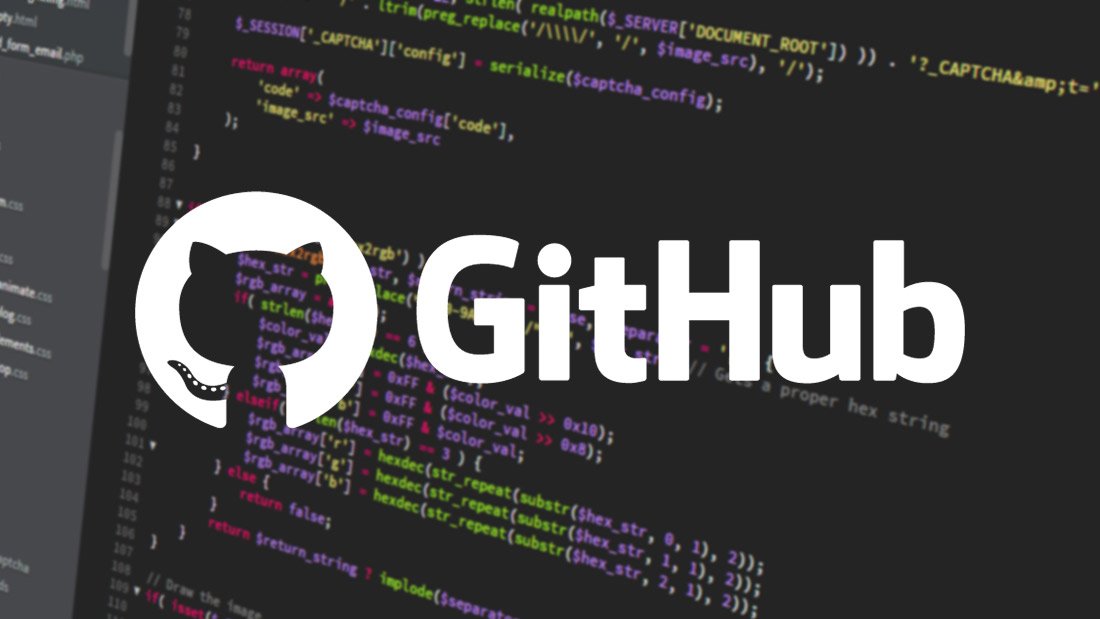Exploring GitHub
In the world of software development, collaboration and efficient version control are essential for success. GitHub has emerged as a leading platform that revolutionizes the way developers work together, enabling seamless collaboration, code sharing, and project management. In this article, we will delve into the functionalities and benefits of GitHub, highlighting its significance in the development community.
What is GitHub?
GitHub is a web-based hosting platform that utilizes Git, a distributed version control system, to provide developers with a robust set of tools for managing their code repositories. It offers a wide range of features designed to streamline collaboration, code review, issue tracking, and project management.
Seamless Collaboration:
One of the key strengths of GitHub lies in its ability to facilitate seamless collaboration among developers. It allows multiple contributors to work on the same project simultaneously, making it easy to manage and merge code changes. With GitHub’s pull request feature, developers can propose and review code changes, providing a transparent and efficient process for code collaboration.
Version Control:
Git, the underlying technology of GitHub, is renowned for its powerful version control capabilities. Developers can track changes to their codebase, revert to previous versions, and branch off into different development paths without disrupting the main codebase. This ensures that teams can work in parallel, experiment with new features, and maintain a clean and stable codebase.
Code Sharing and Discovery:
GitHub serves as a hub for developers to share their code and collaborate on open-source projects. It provides a platform for developers to showcase their work, contribute to existing projects, and discover new projects to collaborate on. With GitHub’s extensive search functionality and community-driven nature, developers can explore a vast collection of code repositories and find inspiration for their own projects.
Project Management:
GitHub offers robust project management tools that enhance team coordination and organization. Issues and project boards enable teams to track tasks, assign responsibilities, and monitor progress. GitHub’s integration with popular project management methodologies, such as Agile and Kanban, further enhances productivity and transparency within development teams.
Community and Support:
GitHub has fostered a thriving community of developers who actively contribute to open-source projects and engage in discussions. This vibrant community provides a wealth of knowledge, support, and collaboration opportunities. Developers can gain feedback on their code, learn from experienced peers, and participate in hackathons and coding challenges.
Conclusion:
GitHub has revolutionized the way developers collaborate, share code, and manage projects. Its robust version control system, seamless collaboration features, and vibrant developer community make it an indispensable tool in the software development landscape. Whether you are a seasoned developer working on complex projects or a beginner exploring the world of coding, GitHub provides a platform that empowers you to take your skills to new heights. Embrace GitHub and unlock a world of endless possibilities for collaboration, innovation, and growth.




